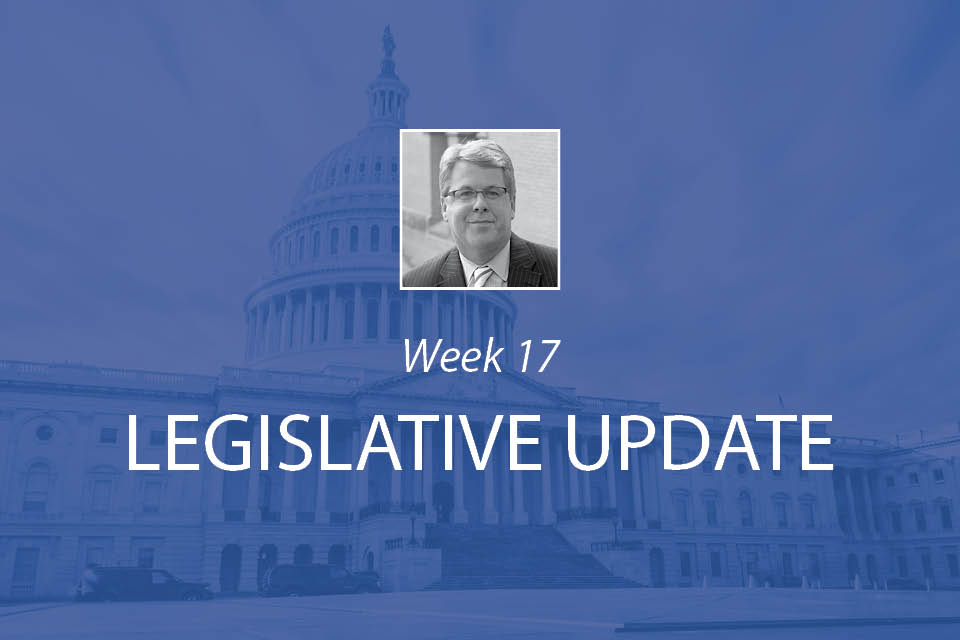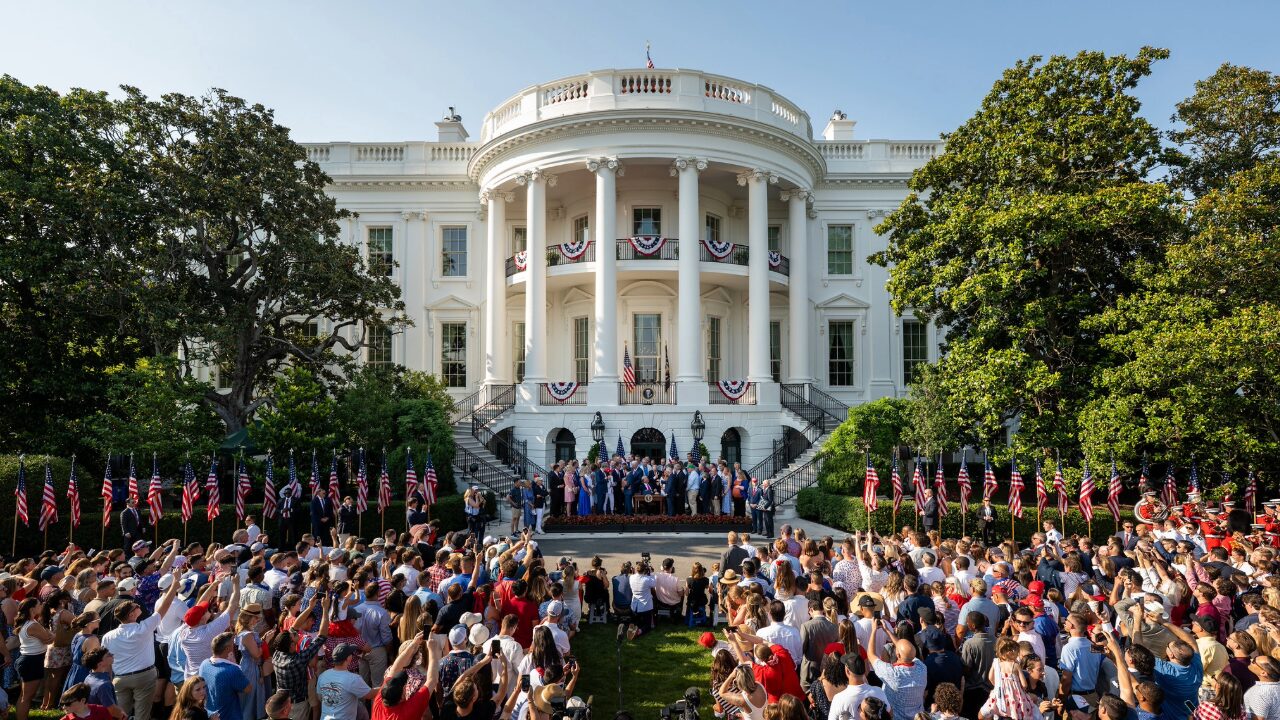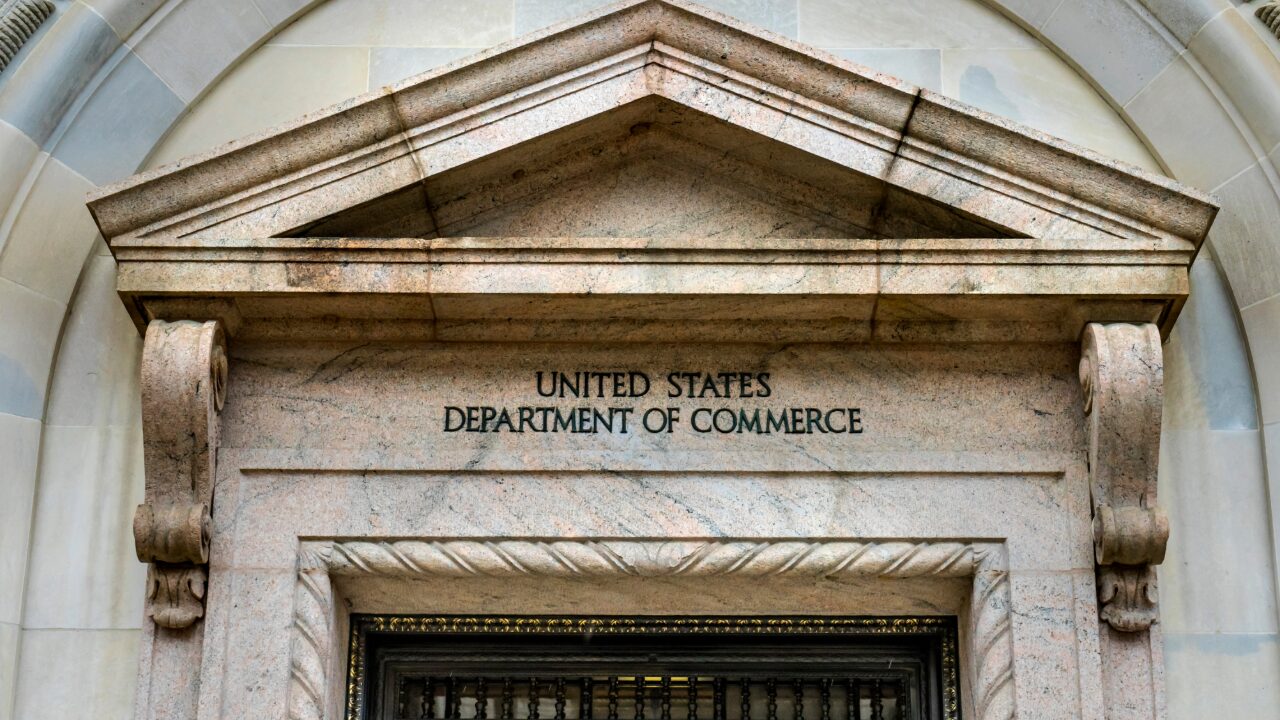Build Back Better
The Senate returns from its Christmas break next week to resume negotiations on the House-passed Build Back Better Act. Despite the fact that votes are still not there in the Senate on the legislation, Majority Leader Chuck Schumer (D-NY) pledged before the holidays that the Senate would hold a vote on the measure in early January. Senator Schumer made that commitment shortly after Senator Joe Manchin (D-WV) publicly stated that he could not support the bill, which drew strong rebukes from both the White House and Congressional Democrat leadership.
One of Senator Manchin’s objections to the measure is that it did not proceed through regular order in the Senate—meaning it was not subject to committee hearings and markups. Subjecting the legislation to the committee process is not going to happen at this point given that it would further delay final consideration and it would force numerous votes on various pieces of the measure—an outcome Senate Democrats stated from the outset they wanted to avoid. What seems clear at this point is that the current version of the legislation will shrink, due in part to the Senate Parliamentarian removing additional provisions because they run afoul of the budget reconciliation rules and to address concerns articulated by Senator Manchin that the package is too large. As negotiations resume next week, ABMA will continue our advocacy with Senate offices in opposition to tax increases in the current package that disproportionately affect small and medium sized businesses.
National Defense Authorization Act and Wood Construction
On December 27, President Biden signed the “National Defense Authorization Act” (NDAA) (H.R. 4350), a $768 billion defense policy bill. The legislation had cleared the Senate earlier in December on an 89-10 vote. One aspect of the bill that is of interest to the lumber and building materials sector is a provision authorizing a pilot program to evaluate the use of more mass timber in military construction. The term “mass timber” is a descriptor used for wood structural products like cross laminated timber and other innovative wood products. Specifically, the bill sates that “each … military department shall conduct a pilot program” to analyze the impact that “the use of mass timber as the primary construction material in military construction may have on the environmental sustainability, infrastructure resilience, cost effectiveness, and construction timeliness of military construction.” The provision was strongly supported by wood building products manufacturers.
Executive Order on Green Building
Earlier in December, President Biden signed a comprehensive Executive Order (EO) aimed at leveraging the massive purchasing power of the federal government to advance the adoption of energy-efficient buildings, and climate-friendly goods and services. The EO directs the federal government to use its scale and procurement power to achieve a number of goals, including the following related to buildings:
- Net-zero emissions from federal procurement no later than 2050, including a Buy Clean policy to promote use of construction materials with lower embodied emissions;
- A net-zero emissions building portfolio by 2045, including a 50 percent emissions reduction by 2032;
- Net-zero emissions from overall federal operations by 2050, including a 65 percent emissions reduction by 2030;
- Achieving climate resilient infrastructure and operations;
- Prioritizing the purchase of sustainable products; and
- Building a climate- and sustainability-focused workforce.
In a subsequent meeting to discuss specifics of the EO that was held with the Council of Environmental Quality–the White House office in charge of implementing the EO–staff confirmed that CEQ would be placing a strong emphasis on identifying and purchasing materials that provide lower carbon profiles, including specifically wood products.




